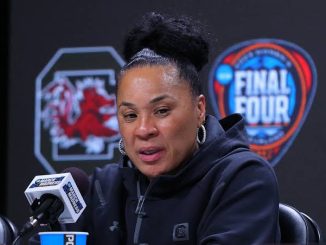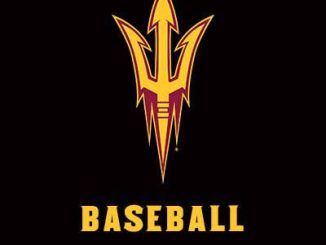
South Carolina Gamecocks Football Top Player Suspended for Betting Violation
The South Carolina Gamecocks football program has been rocked by a controversial suspension, as one of their top players has been barred from participating in all sports due to a violation of NCAA betting regulations. The suspension, which affects the player’s involvement in all athletic activities, has sent shockwaves through the college sports community, raising questions about the impact of sports betting on collegiate athletics.
The Player’s Suspension
The suspended player, a key contributor to the Gamecocks’ football team, has reportedly violated NCAA rules by placing a bet on a sports event. The NCAA has strict regulations prohibiting athletes from engaging in any form of sports betting, particularly when it involves wagering on games or events in the sport they participate in, or other collegiate sports. This action is considered a breach of the integrity of the game, which the NCAA and universities like South Carolina take very seriously.
As part of the suspension, the player will not be able to participate in any team activities, including practices, games, or any other form of team-related events. This disciplinary action has sparked conversations on the growing issue of sports betting and its potential to compromise the ethics of college sports.
NCAA’s Strict Betting Rules
The NCAA’s stance on sports betting is clear and firm. College athletes are prohibited from placing bets on any sports, not just their own teams but any collegiate or professional events. This includes both the traditional forms of betting at sportsbooks and online platforms. The goal of these regulations is to maintain the integrity of college sports, ensuring that athletes remain focused on their training and performance without the distraction or temptation of gambling.
Even though sports betting has become increasingly legal and mainstream across the United States in recent years, the NCAA has been unwavering in its policy. The governing body emphasizes that athletes are role models for their peers and the public, and their actions should reflect the values of fairness and transparency. As a result, violations of these betting rules often lead to severe penalties, including suspensions or even permanent disqualification from competition.
The Impact on South Carolina’s Football Program
This suspension is a significant blow to the South Carolina Gamecocks football team, as the suspended player was widely considered one of the team’s most talented and valuable athletes. His absence will undoubtedly be felt by the coaching staff, teammates, and fans alike, as the team will have to adjust their game plans and strategies without him.
While the Gamecocks have not officially commented on the situation, this event highlights the broader issue of sports gambling within college sports. With the legalization of sports betting in many states, college athletes are now more susceptible to potential violations of these rules, especially as the lines between professional sports and college sports blur in terms of media coverage and fan engagement.
Future of Sports Betting in College Sports
The increasing popularity and legalization of sports betting have led to ongoing discussions about whether NCAA policies should evolve. Some argue that the NCAA needs to reconsider its stance in light of changing public attitudes toward sports betting, while others maintain that strict regulations are necessary to protect the integrity of college sports.
In light of this incident, schools and athletic programs may place even greater emphasis on educating their athletes about the consequences of sports betting violations. It may also spur a wider conversation about the ethical implications of gambling in the realm of collegiate athletics, especially as more states legalize sports betting and fan engagement with college sports continues to grow.
The suspension of a South Carolina Gamecocks football star for violating NCAA betting regulations is a stark reminder of the challenges that sports programs face in maintaining the integrity of college athletics. As sports betting becomes more widely accepted, the balance between entertainment and ethical conduct in college sports will continue to evolve. For now, this incident serves as a cautionary tale about the importance of adhering to NCAA rules and the potential consequences of not doing so.



Be the first to comment